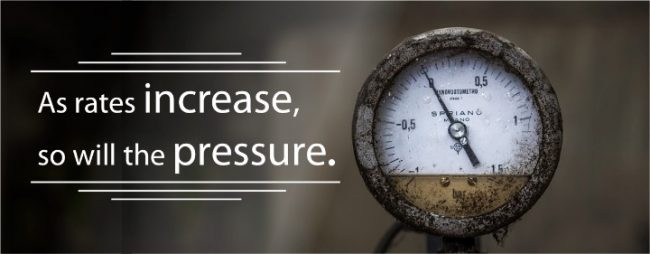Looming interest rate hikes in South Africa should theoretically lift savings rates by boosting returns, but in reality they will only make it harder for heavily indebted households to repay loans, leaving little extra money to set aside.
"As a country we save way too little," said Rian le Roux, an economist at Old Mutual. "You've got a group that ought to be able to save but tell you they can't, after paying off the excessively large monthly instalments on the fancy car they're driving."
Africa's most advanced economy already has one of the worst savings rates in the world at less than a sixth of GDP, a legacy of the apartheid system that excluded the black majority from the formal financial system. With the advent of democracy in 1994, banks flooded the market with cheap credit, spurring a frenzy of consumer demand that has left households grappling with a debt-to-disposable income ratio of more than 78 percent.
The central bank raised its benchmark lending rate by 25 basis points to 6% in July, and signalled more increases were on the cards to clamp down on inflation. Commercial banks have lifted their own rates concurrently, good news for a small minority with savings but a strain on consumers paying interest of an average 12% on mortgages, car loans and credit cards.
One in four South Africans is unemployed, knocking millions out of the pool of savers.
That translates into a national savings rate of just 15.5% of GDP. With investment in the economy at about 20%, that leaves a 4.5% gap, or roughly R175bn to be plugged through foreign savings.
South African banks pay savings deposit rates of 4-4.5% compared with inflation at 5%.
"The net real return is negative when you factor in inflation. If I'm saving, I should be able to match or beat inflation otherwise I'm simply eroding capital," said South African Savings Institute CEO Gerald Mwandiambira.
Local banks say they do offer inflation-beating savings products, but blame the poor take-up on a tendency by South Africans to shy away from longer-term savings options.
In need of long-term financial advice? I can provide insight. Let’s get in touch!

